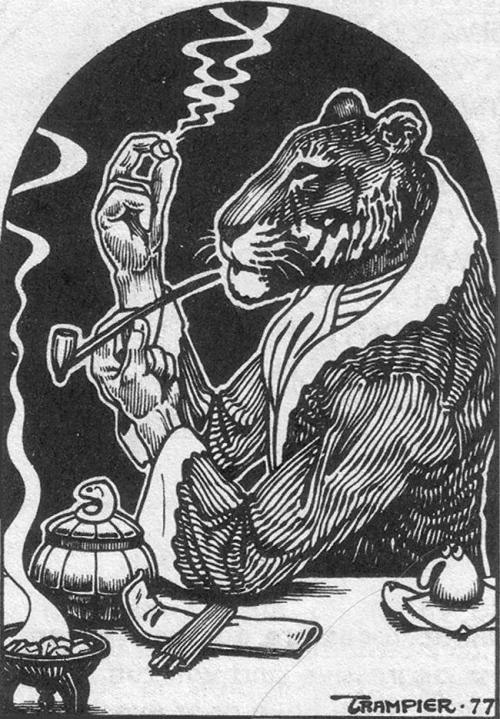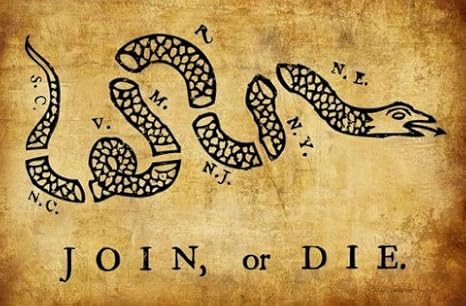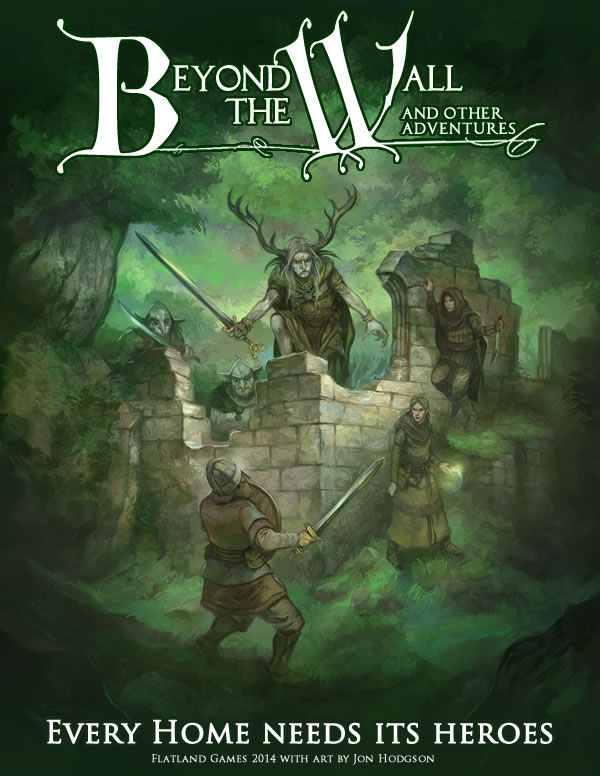I was thinking about this topic because it's a foundation issue for good GMing, and for good roleplaying in general. Agency is one of those bits that gets tangled up with a lot of other things. It's small when you give it a passing glance, but the more you look at it, the more important it becomes. If you're really rocking a game, you can weaponize agency into a powerful tool - and indeed, a lot of modern games do exactly this.
Agency is, put simply, the power that is shared amongst players at the table to create the ongoing narrative of the game. In the traditional gaming world, much of this lives at the level of the player character and how it interacts with the rules. The more accomplished the character becomes, the more mechanical advantages it has to affect the world of the game, mostly in the realm of combat, but often in less obvious or flashy ways. Agency also lives at the level of social contract in a game - unless the rules explicitly define what power players have (assuming a model where there's a GM at all), the GM decides where the players can make contributions. This may include players inventing world details as part of character building, such as important NPCs, or including backstory that is explicitly designed to be part of play.
Monday, 30 May 2016
Tuesday, 24 May 2016
After-Action Report: NOT FADE AWAY
We just finished the 7th session of NOT FADE AWAY, the Fate Accelerated campaign I've been running since February. The game is about immortals, or rather about beings called Pilgrims who are serially reincarnated with the same memories to carry on an eternal battle against their shape-changing enemies, the Rakshasa. It's what Highlander would look like if the immortals were genderfluid beings who spent as much time bickering as they did swordfighting.
 |
| So far, no anthropomorphic tigers in smoking jackets. Alas. |
Thursday, 19 May 2016
The Long and the Short
There are undercurrents swirling below the surface of the roleplaying hobby, invisible to the eye, but powerful enough that they affect just about everything we do. These are the mostly unspoken core assumptions about what our hobby is and how it is pursued at tables around the world. Roleplayers gather in small groups, negotiating acceptable conduct and proper play style, and rarely question the idea that their particular orthodoxy is one of many.
Once in a while that you get two gamers together talking, sharing stories, and realize that this is not the case at all. What is this other person talking about, we wonder? 'Cause it's sure not gaming. We have A Way Of Doing Things, and that's the only right and proper way. This guy's weird.
Thursday, 12 May 2016
Raise a Glass to the Revolution!
Rebellion is the theme of a lot of great fiction, from Star Wars to Game of Thrones. Whether you're looking for a game of simple goals (plucky rebels fighting against an evil, monolithic enemy) or complex political machinations and reversals (and possibly lots of characters dying or having tragic or horrifying fates), the rebellion is a story frame that provides a lot of interesting gaming potential. A dramatic game is probably going to concentrate on the GoT side of the equation, exploring the conflict of powerful opposed personalities and possibly on the ideas they stand for. But I'm here today to write about a particular kind of rebellion narrative that I'm eager to weaponize for the game table.
Monday, 9 May 2016
BEYOND THE WALL AND OTHER ADVENTURES (Review)
When I was just getting into the roleplaying hobby, Dungeons & Dragons was a bit of a sensation. It wasn't unusual to find a copy of the Basic and Expert D&D box sets at toy shops and hobby stores (in those days that mostly meant shops catering to model-building, something I was never very patient with) alongside the stuff normal kids liked. For a few years, the essential tools of the hobby could be found practically everywhere, before the craze passed and it returned to the dim depths of specialty stores. In those days, you could find two adventures practically everywhere: The Keep on the Borderlands, and The Village of Homlett. Back in the day, the latter irritated me more than anything, because it was only the first part of the Temple of Elemental Evil series, something that took many years to actually be released. Where was the storied dungeon? This stupid Homlett adventure was just about a village, for cryin' out loud.
Subscribe to:
Comments (Atom)

